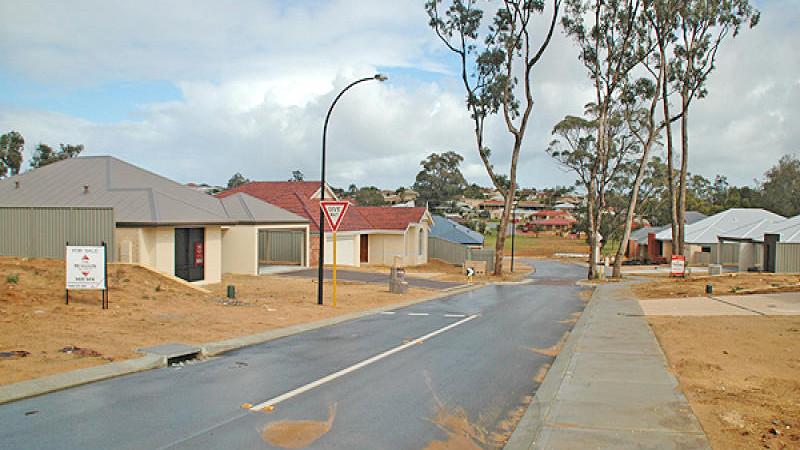
Generic housing construction pic
BREAKING: Western Australia has officially approved the use of artificial intelligence to expedite housing approvals, addressing critical national building targets that have not been met. This urgent move comes amid a nationwide push to enhance the construction sector, as WA fell 4,000 homes short of the 24,000 new homes target set by the National Housing Accord for 2024.
During a press conference on Sunday, WA’s Housing Minister John Carey and Commerce Minister Tony Buti expressed strong support for integrating AI into the approval process. This decision follows last week’s economic reform round-table in Canberra, where officials emphasized the need for “commonsense changes” to reduce the regulatory burden on builders.
“This is a sensible idea,” Buti stated. “Builders face significant costs and uncertainties due to constant changes in the construction code. A freeze on further adjustments could ultimately stabilize the market.” His remarks underline the urgency for immediate reform as WA continues to grapple with housing shortages.
Despite the challenges, WA has outperformed many states in housing development, highlighting the pressing need to cut red tape. Carey noted that streamlining processes is essential to “supercharge” housing development. “We are exploring the establishment of a strike force to use AI for accelerating environmental assessments,” he revealed, indicating that AI could significantly improve the efficiency of housing approvals.
The proposed AI integration aims to simplify basic approval processes, such as the “deemed to comply” system, which allows builders to receive approvals if they meet specified criteria. However, Carey assured that human oversight will remain critical in the final approval stages. “Even with AI, there will still be necessary human input to review applications,” he explained.
The implications of this initiative are profound, as local residents have long expressed frustration over delays in the building permit process. “Residents often complain about the lengthy wait times, which are sometimes caused by lost documents,” Carey added. “AI could help address these issues and streamline approvals, ultimately benefiting our communities.”
As the Albanese Government pauses further changes to the national construction code, all eyes will be on Western Australia to see how quickly these AI-driven measures can be implemented. The urgency of the housing crisis is palpable, and this innovative approach could be a game-changer in meeting the needs of residents.
The construction industry is watching closely, with many hopeful that these changes will lead to a more stable and efficient environment for building across the state. With the deadline for the National Housing Accord fast approaching, the pressure is on for WA to deliver on its commitments.
Stay tuned for more updates as this developing story unfolds.






